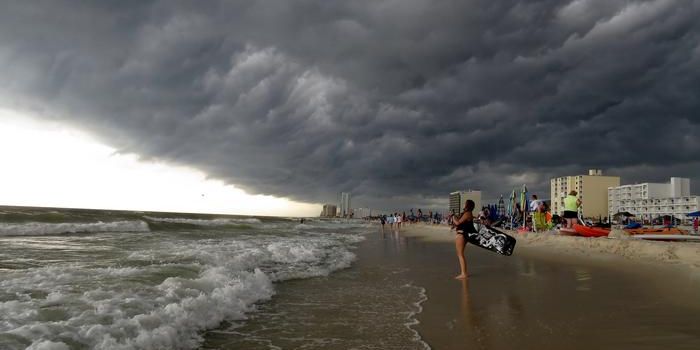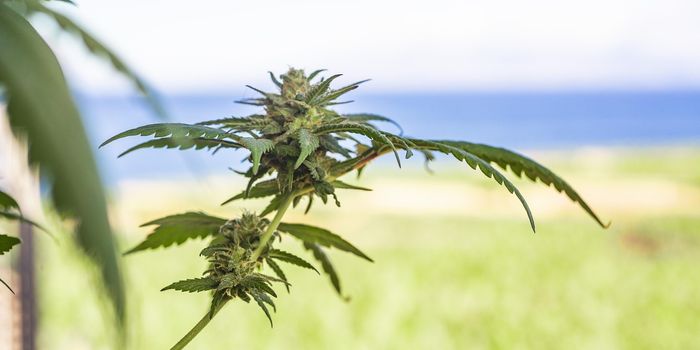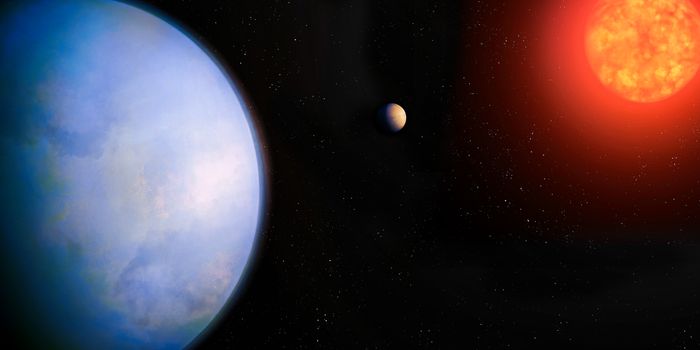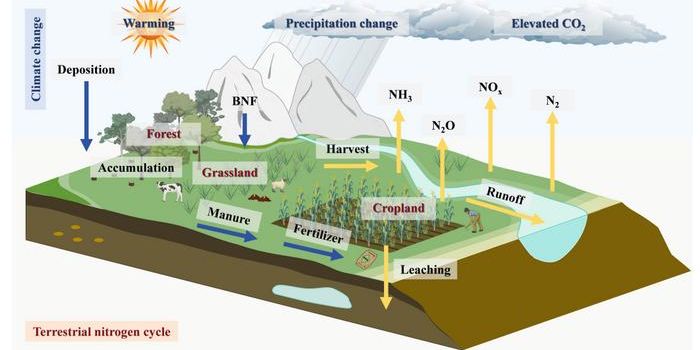Research suggests climate change deniers experience fewer extreme weather events
New research confirms what personal anecdotes have long told: it isn’t easy convincing climate change deniers of the anthropogenic causes of our planet’s crisis. The study, led by Dr. Ben Lyons of the University of Exeter, was published recently in Environmental Communication and suggests that for those who do not believe in climate change, even proximity to extreme weather events is not a convincing-enough factor to mold their beliefs.
"Extreme weather plays a limited long-term role in forming people's beliefs about climate change. Instead, their views and beliefs can alter the way they perceive the weather. We have found when an extreme weather event is ambiguous, as with polar vortex and drought, people are more likely to see the event through a partisan lens. If there is a grey area, people are more comfortable applying their preferred label."
Political bias and partisan news have such a strong grip on many people’s beliefs that factors such as the news sources one listens to (i.e. CNN versus Fox News) can impact the likelihood that an individual with report experiencing certain extreme weather events.
In a survey of 3,057 people in the US, respondents were asked about the extreme weather they had experienced over a five-year period, their residency location, if they believed in climate change, human causation, and the scientific consensus on the matter. Then, using data from NOAA’s Storm Events Database on droughts, floods, tornadoes, and hurricanes, the scientists were able to determine correlations between people’s beliefs, their new sources, and their realities.
For example, the study found that people who rely on liberal news sources, like the Washington Post or the Huffington Post, reported experiencing drought more often than national weather data would suggest they actually did.
The findings show that a total of 21.7% of respondents reported experiencing a polar vortex, 41.0% a drought, 19.8% a tornado, 29.3% flood, and 16.7% a hurricane in the past five years. However, the data suggest different realities were at play, with 21.3% who lived in a county where a flood occurred, 25.3% a tornado, 4.3% a hurricane, and 4.4% drought.
In response to the statement “there is solid evidence that the average temperature on earth has been getting warmer over the past few decades, "59.2% of those surveyed agreed. Meanwhile, 74.2% agreed that the Earth was warming mostly due to "human activity such as burning fossil fuels."
What are your beliefs? Do you think that your experiences of extreme weather events affect your beliefs? How about the views expressed by your news sources? Leave a comment below to join in on the conversation.
Sources: Science Daily, Environmental Communication









